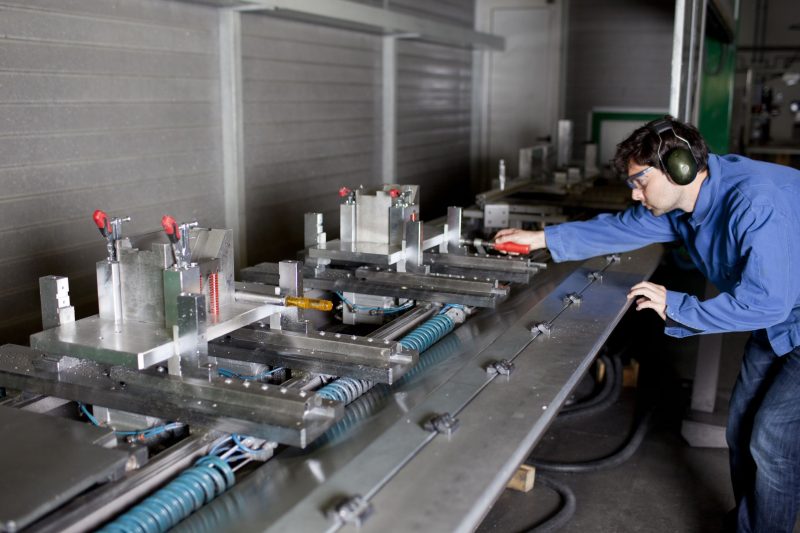Custom Metal Parts Fabrication
Metal fabrication refers to the process of manufacturing metal parts through cutting, bending, molding, and shaping into the desired structure. Metal fabrication is a value-adding process involving different machines and specialists. Manufacturers use soft and hard metals depending on the purpose for which the final product is intended.
Soft Metal
This metal class has a low degree of hardness and is mainly used as a surface engineering material or a solid lubricant. Examples of soft metals include lead, gold, silver, copper, aluminum, bronze, brass, zinc, and magnesium, among others.
Hard Metal
This type of metal is hard compared to alloys, hardened steel, or pure metals. Hard metals are hard but fragile and used in the production of items such as cutting materials: milling cutters, drills, chisels, and others. Forming and punching tools are made from hard metals. Examples of hard metals include steel, titanium, tungsten, and chromium.
Custom Fabrication
Fabrication of metals different depending on their compatibilities and strength. Most custom metal parts are designed using a computer control manufacturing process called CNC machining. The CNC machine cuts the metal to deliver the desired shape. This computer machining process has high precision levels and produces anything regardless of its geometry or surface texture complexity.
Other than computer CNC machining, custom metal parts fabrication also involves the process of stamping to form images, shapes, and letters on metal sheets. The stamping process involves two main types, including mechanical and hydraulic presses. Millions of appliance, electronic, and automotive parts are manufactured through stamping. Other custom metal parts fabrication techniques include forging, casting, and 3D printing.
